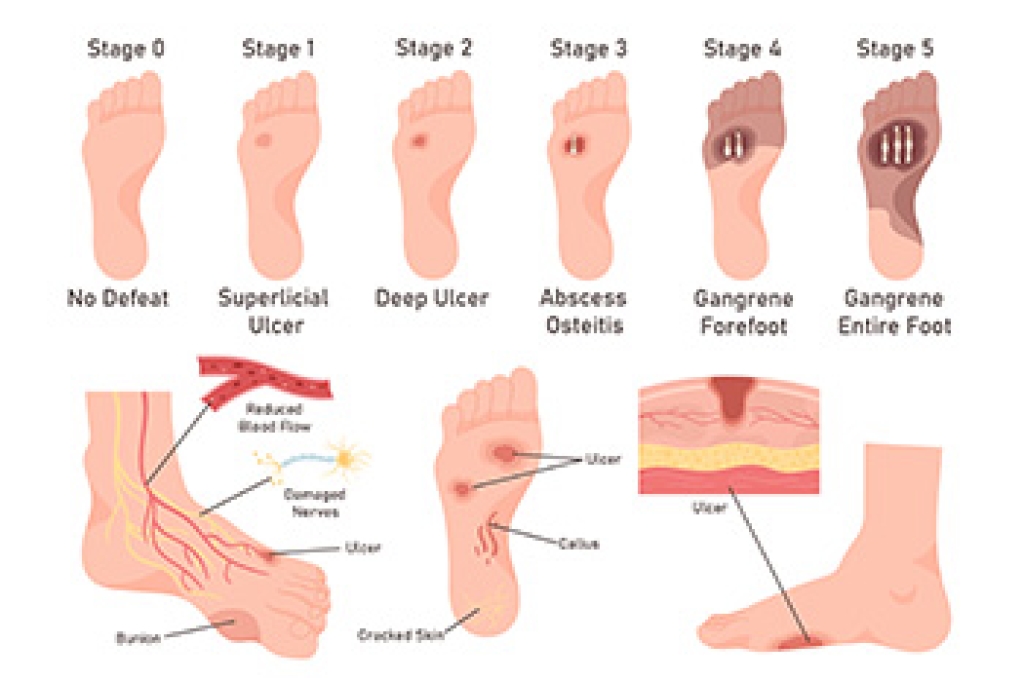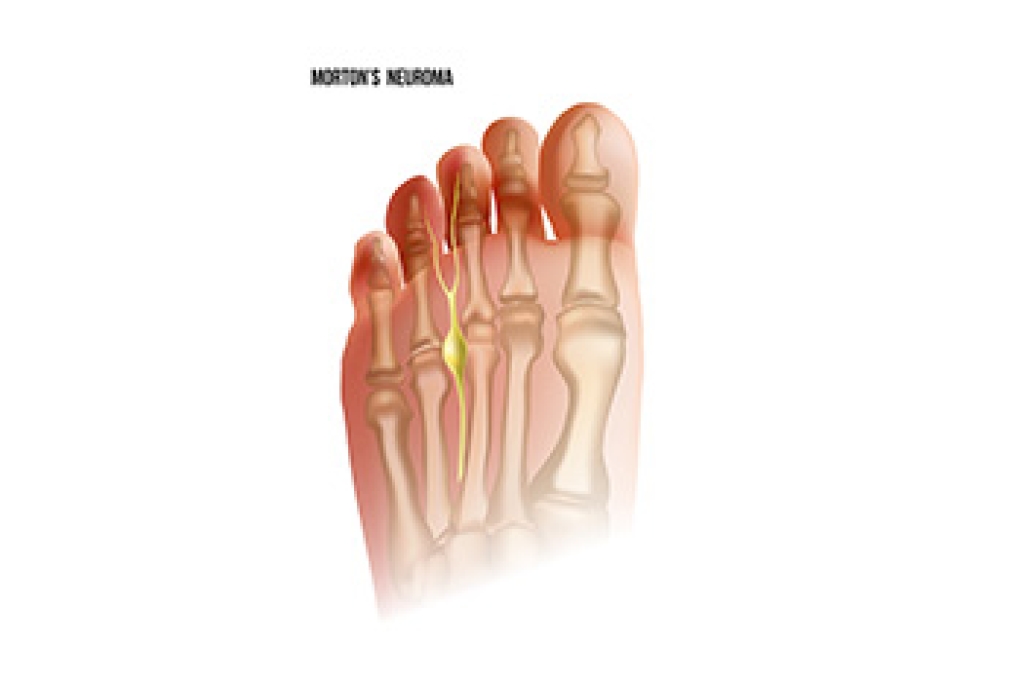 There are noticeable symptoms that occur when toenail fungus develops. These can include yellowing of the toenails, and in advanced stages, they can thicken and can possibly detach from the nail bed. Many patients find their nails have become unsightly, and the texture may have changed if afflicted with fungus. A toenail fungal infection is caused by a fungus that lives and thrives in warm and moist environments, including public shower room floors, pools, and surrounding areas. Proper prevention techniques can consist of wearing appropriate shoes while in these types of places, in addition to refraining from sharing towels, socks, and shoes. There are various treatment methods available, and it is suggested that you consult with a podiatrist who can determine what the most effective treatment is for you.
There are noticeable symptoms that occur when toenail fungus develops. These can include yellowing of the toenails, and in advanced stages, they can thicken and can possibly detach from the nail bed. Many patients find their nails have become unsightly, and the texture may have changed if afflicted with fungus. A toenail fungal infection is caused by a fungus that lives and thrives in warm and moist environments, including public shower room floors, pools, and surrounding areas. Proper prevention techniques can consist of wearing appropriate shoes while in these types of places, in addition to refraining from sharing towels, socks, and shoes. There are various treatment methods available, and it is suggested that you consult with a podiatrist who can determine what the most effective treatment is for you.
If left untreated, toenail fungus may spread to other toenails, skin, or even fingernails. If you suspect you have toenail fungus it is important to seek treatment right away. For more information about treatment, contact one of our podiatrists of Biebel & DeCotiis Podiatry Associates. Our doctors can provide the care you need to keep you pain-free and on your feet.
Symptoms
- Warped or oddly shaped nails
- Yellowish nails
- Loose/separated nail
- Buildup of bits and pieces of nail fragments under the nail
- Brittle, broken, thickened nail
Treatment
If self-care strategies and over-the-counter medications does not help your fungus, your podiatrist may give you a prescription drug instead. Even if you find relief from your toenail fungus symptoms, you may experience a repeat infection in the future.
Prevention
In order to prevent getting toenail fungus in the future, you should always make sure to wash your feet with soap and water. After washing, it is important to dry your feet thoroughly especially in between the toes. When trimming your toenails, be sure to trim straight across instead of in a rounded shape. It is crucial not to cover up discolored nails with nail polish because that will prevent your nail from being able to “breathe”.
In some cases, surgical procedure may be needed to remove the toenail fungus. Consult with your podiatrist about the best treatment options for your case of toenail fungus.
If you have any questions please contact one of our offices located in Holmdel and Middletown, NJ . We offer the newest diagnostic and treatment technologies for all your foot and ankle needs.




